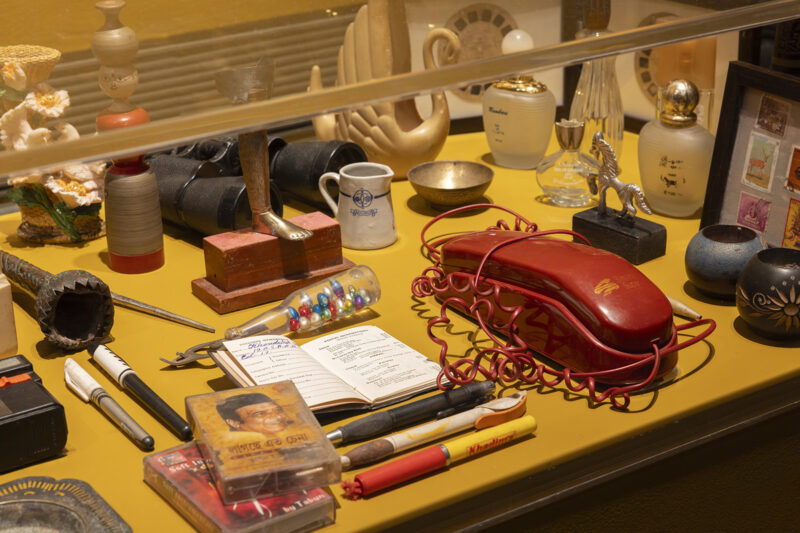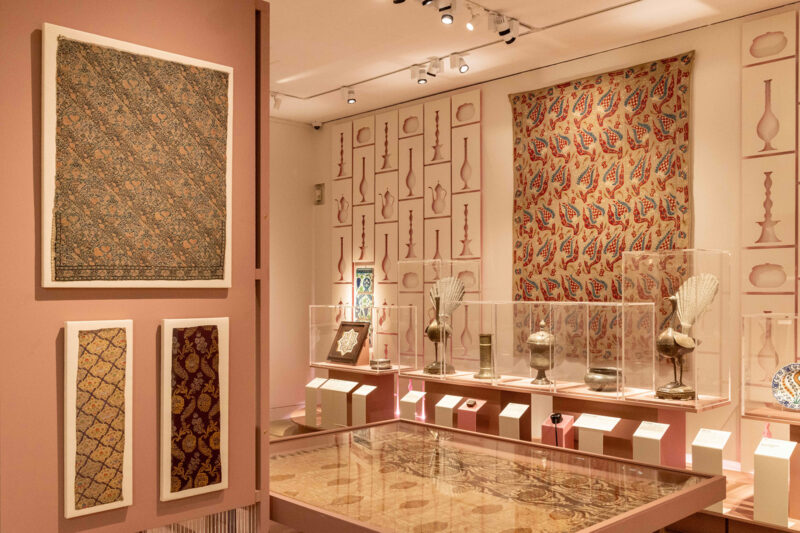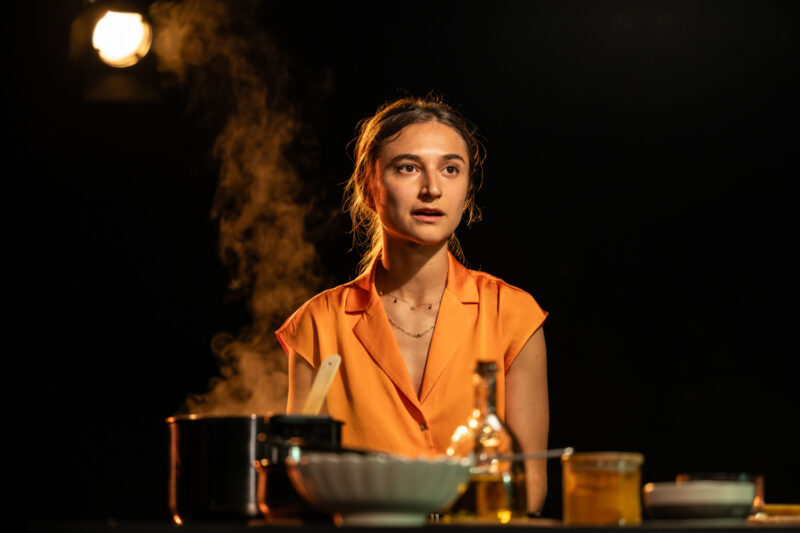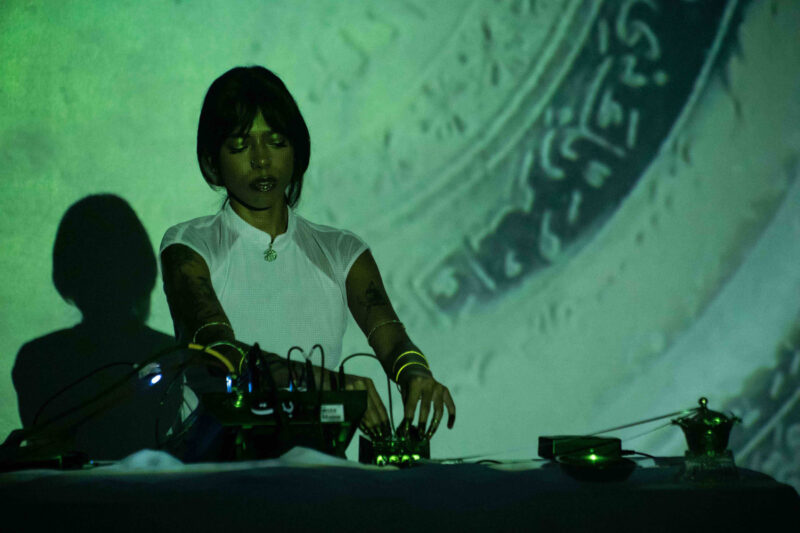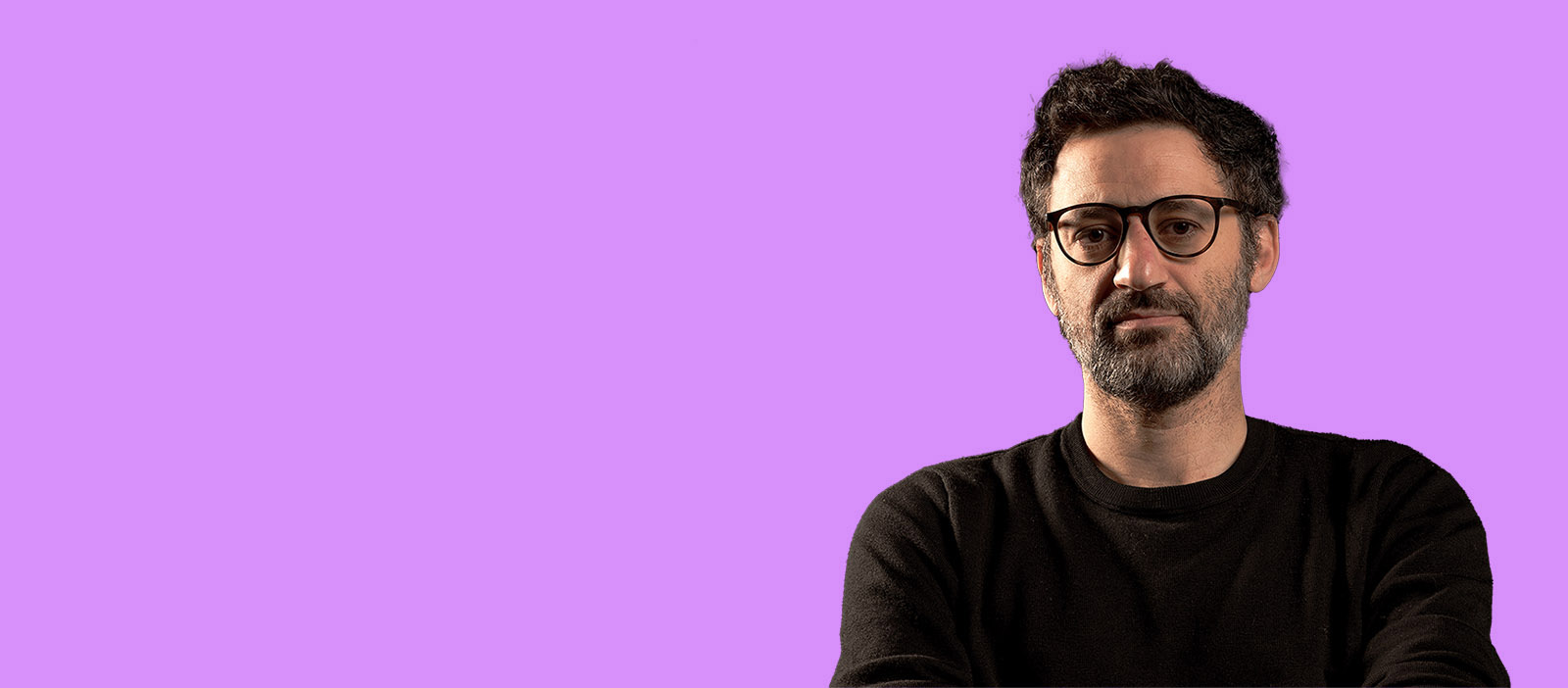
Omar Elerian Q&A: ‘We have created a space for something unexpected to happen every night’
ECHO is Omar Elerian’s second cold-read play. Photo by Alaa Altrash
The Italian-Palestinian theatre director on the unique experience of working with unrehearsed scripts and actors each night
Omar Elerian, 45, is an Italian-Palestinian theatre director based in Milan, Italy. In his latest production, he has teamed up with Iranian playwright Nassim Soleimanpour, a writer with a special penchant for a curious form of theatre, “cold read plays”, in which actors take to the stage to perform an unrehearsed script.
ECHO (Every Cold-Hearted Oxygen) — a story about migration and loss — is now debuting at the Royal Court Theatre as part of London’s International Festival of Theatre 2024.
Elerian, an alumnus of the Jacques Lecoq International Theatre School in Paris, France, was the resident associate director at the Bush Theatre in west London from 2011 to 2019. During this time he directed numerous plays and co-directed the Olivier-nominated show You’re Not Like The Other Girls Chrissy by Caroline Horton.
His first show with Soleimanpour, called Nassim, premiered in 2017 at the Bush Theatre. Also a cold-read play, the show went on to win the Fringe First award at the 2017 Edinburgh Fringe Festival and toured 20 countries.
Elerian spoke to Hyphen about ECHO, the experience of directing a cold read and his plans for the future.
This interview has been edited for length and clarity.
What would you like audiences to take away from the play?
ECHO is the story of an Iranian man who has left his home country and now lives in Germany. He has to contend with feelings of loss, remorse and longing and, at the same time, with knowing that his future has to be written somewhere else. With Iran, this is more acute, because it’s not an easy place to travel to and from due to the political unrest within the country in the past few years.
We wanted to present the question of: what is the present? Does the present really exist? Or do we exist in a constant tension and fluctuation between the past and the future, and the things we imagine and the things we remember?
What’s it like to direct using unrehearsed scripts?
The form is very peculiar, because it means that a different actor comes to the stage every night, completely unrehearsed and unprepared. They don’t know what the play is about as they haven’t read it.
That brings a further element of uncertainty to the whole proceedings, and there is a sense of putting the actor in a similar place to that of a migrant where they have to fit into a new place, perhaps with a new language, with a new culture, a new geography, and try to understand and adapt. So I think there is a mirroring or an echoing of that experience within the form of the play itself.
On the night I attended, Adrian Lester was on stage. His performance was so seamless that, at times, I second-guessed whether it was really a cold read.
I hoped the audience would go on a journey with the show, and find themselves second-guessing which parts are live and which parts are pre-recorded. This is deliberate: we wanted to take the audience on that playful journey.
The interesting thing is that if you come on a different night, you’ll have a different actor who might be a bundle of nerves, and you see something completely different.
How does the concept of the cold reader change the director’s work on the show?
Well, it means I don’t direct the show before the show happens. The actor comes in an hour before the show just to get their mic tested. The direction is all done in their script, and in the instructions that the actors are fed through an earpiece, and within the dramaturgy of the play.
Directing, at least for me and my practice, is about offering a map, or a set of clues for the actor to pick up, and then it’s for the actor to take those hints and put their own interpretation on it — whatever their first instinct is is the thing that we will get.
As a director, is that exciting or does it make you nervous?
I get nervous because it’s a very technically complicated show, so I’m always worried that the tech will fail at some point, but fortunately we have a brilliant team.
But I get excited about what will happen on stage, because we have created a space for something unexpected to happen every night. I know that whatever is produced on the spot will be the only thing that could happen that night, because of the combination of the actor on stage and the audience of that specific evening.
What projects have you got coming up?
I’m working with British-Egyptian actor and activist Khaled Abdalla on a solo show called Nowhere, which will open at the Battersea Arts Centre in October. It’s about his personal experience of growing up as a person of dual heritage. He also comes from a family that was always very politically engaged, and he was involved in the Egyptian revolution in Tahrir Square between 2011 and 2013. Now he is also one of the leading voices calling for a ceasefire in Gaza.
We will also be taking ECHO on an international tour which will start in 2025.
Tell us about the most memorable shows you have been to see.
I remember seeing The Far Side of the Moon by Robert Lepage when I was a theatre student in Milan — that was an extraordinary experience.
The first time I went to the Théâtre du Soleil in Paris, I sat through eight hours of this sprawling epic called Odysseys, the stories of different migrant and refugee communities and the actors were also part of those communities. During the interval, we all broke bread and had lunch together. I felt like that was a very theatrical, communal experience.
ECHO is showing at the Royal Court Theatre until 27 July.
 Newsletter
Newsletter



